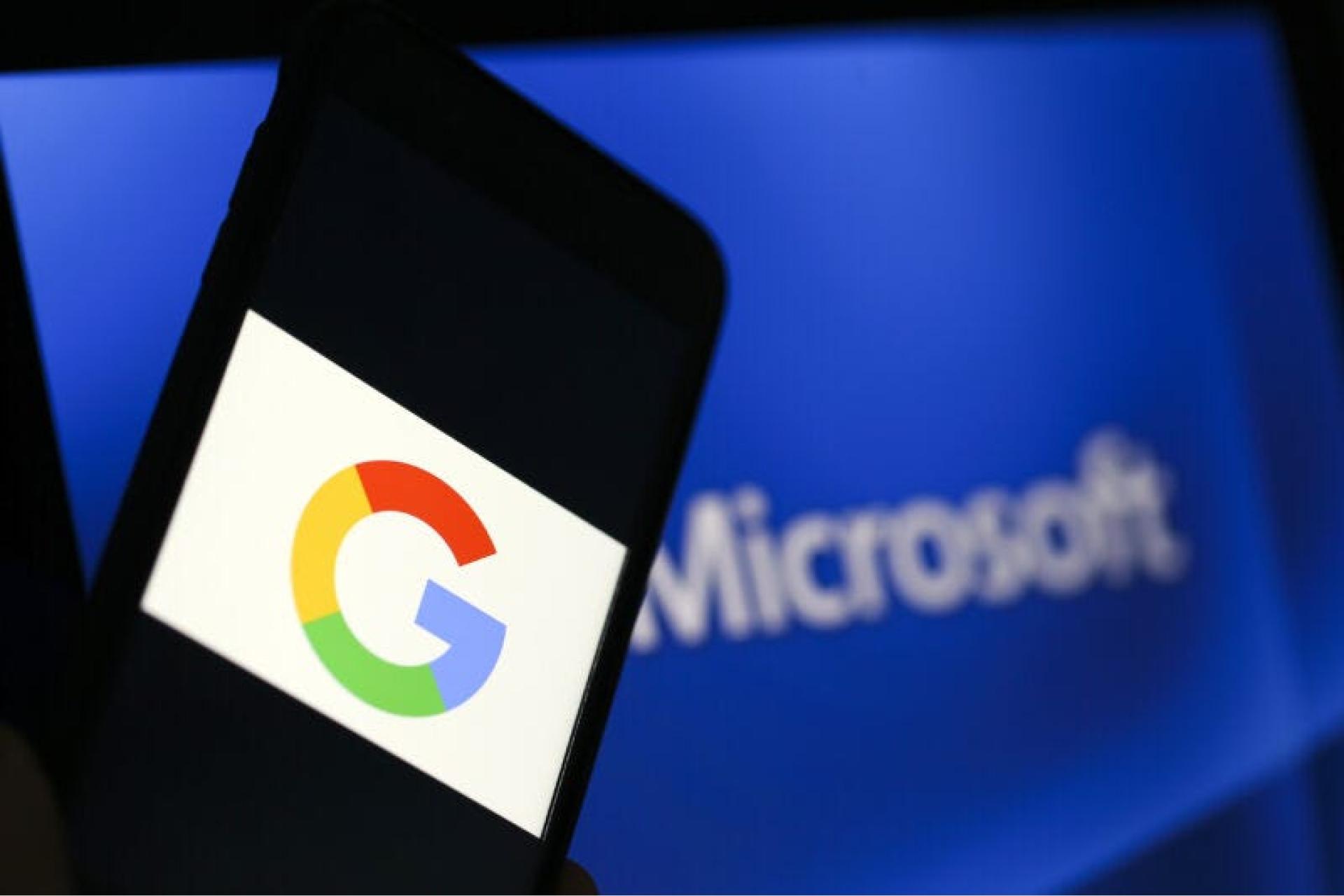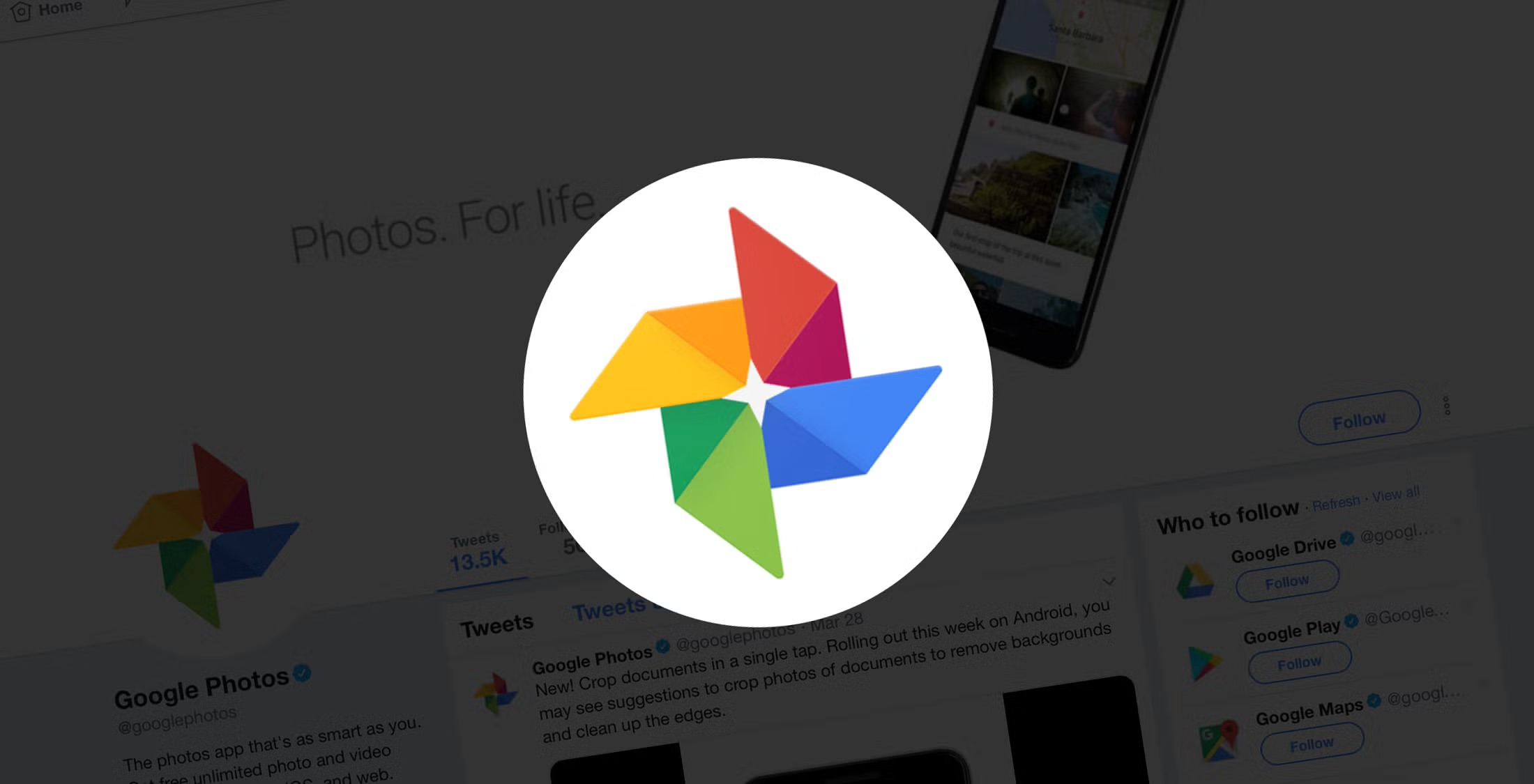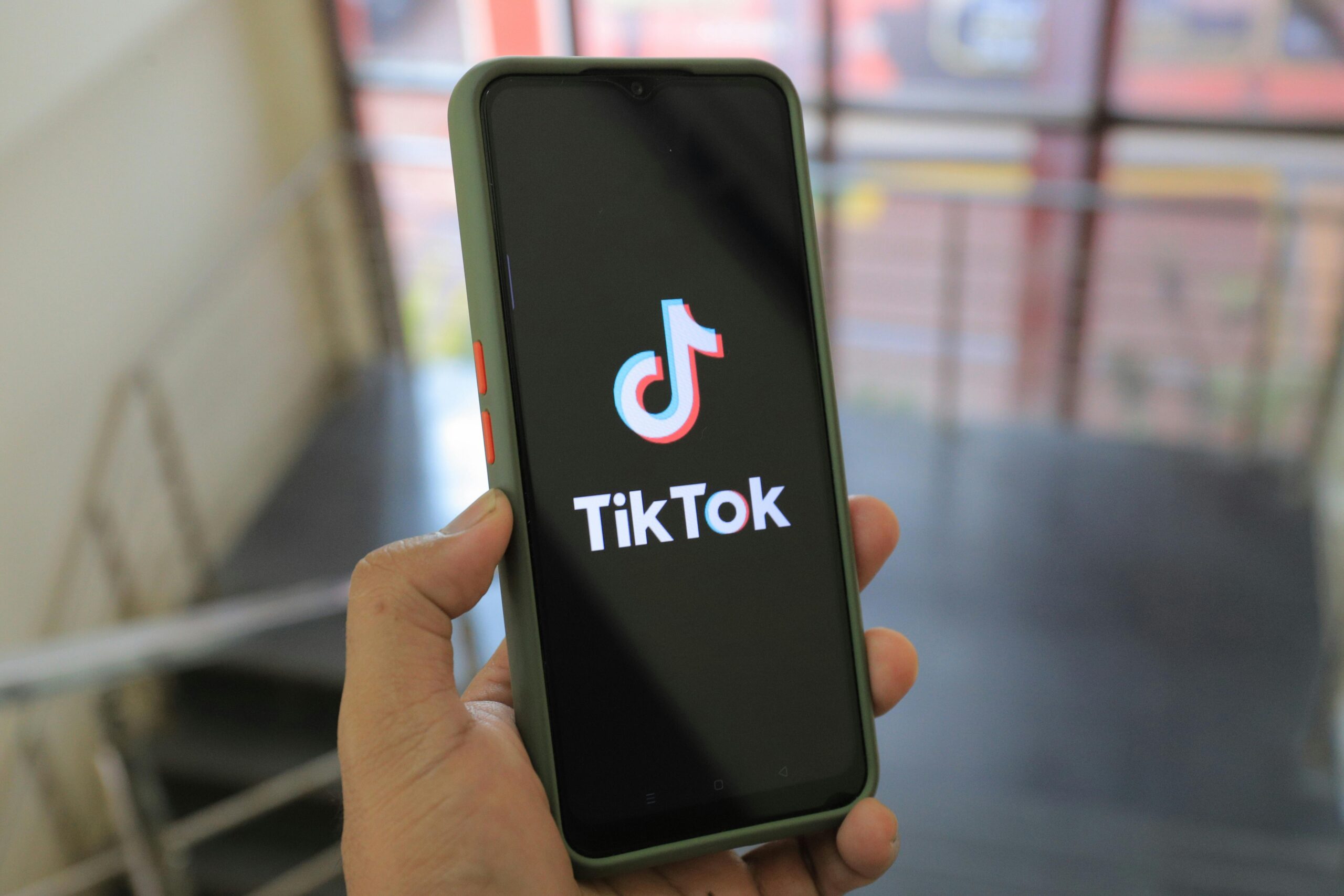Microsoft has leveled a serious accusation at Google, alleging the search giant is funding a covert campaign aimed at discrediting Microsoft’s cloud services in the European Union and the United Kingdom.
In a sharply worded blog post by Microsoft’s deputy general counsel, Rima Alaily, the tech giant claims Google has poured resources into creating a lobbying group called the Open Cloud Coalition. According to Microsoft, the coalition operates under the guise of promoting “a fair, competitive, and open cloud services industry” but is actually a front to undermine Microsoft’s standing in the European cloud market.
Google’s Alleged Tactics
Microsoft asserts that Google hired a lobbying agency in Europe to set up the Open Cloud Coalition and enlisted various European cloud providers to serve as the organization’s public face. Alaily states that Google intends to position itself as a minor player within the coalition, hoping to disguise its influence and keep its involvement hidden from regulators and policymakers.
“Google has gone to great lengths to obfuscate its involvement, funding, and control” of the coalition, Microsoft writes, claiming that this is part of a broader strategy by Google to counter mounting regulatory scrutiny against its business practices worldwide.
To back its claims, Microsoft cites an unnamed European cloud provider that allegedly declined an invitation to join the Open Cloud Coalition, claiming that Google planned to direct the coalition’s efforts against Microsoft. Additionally, a recruitment document allegedly used to attract members reportedly omits any reference to Google’s involvement, further supporting Microsoft’s assertion that Google is keeping its role intentionally under wraps.
Rising Pressure on Google’s Operations
The accusations from Microsoft come amid a turbulent time for Google, which faces at least 24 antitrust investigations globally. In the U.S., the Department of Justice is currently probing Google’s advertising and search businesses, with the potential for a breakup on the horizon. Alaily argued that, instead of focusing on addressing these regulatory concerns, Google is using its resources to attack competitors, specifically calling out Microsoft’s cloud business in Europe as a target.
Microsoft’s blog post also details other recent instances of friction between the two companies, with Google filing an antitrust complaint to EU regulators as recently as September, alleging that Microsoft’s licensing practices for its Azure cloud service are anti-competitive.
According to Microsoft, Google claims that the company imposes restrictive licensing fees on third-party cloud providers who want to offer services using Microsoft products, while giving its own Azure platform favorable terms. Google vice president Amit Zavery previously told reporters that Microsoft charges a 400% markup on Windows Server when customers host it on competing cloud platforms, but doesn’t apply this cost to its own Azure cloud.
Competition Heats Up
This isn’t the first time Microsoft has tangled with Google over cloud market competition. In July, Microsoft claims Google attempted to derail a settlement Microsoft was negotiating with the Cloud Infrastructure Services Providers in Europe (CISPE), a European industry group representing various cloud service providers.
Microsoft alleges Google offered CISPE members a deal valued at €470 million (approximately $500 million) to reject Microsoft’s settlement offer and proceed with litigation. However, CISPE ultimately agreed to the settlement with Microsoft, which allowed European providers to host Microsoft applications and services on their own local cloud infrastructure, sidestepping Microsoft’s centralized Azure ecosystem.
The Open Cloud Coalition’s launch comes at a critical moment for Google, as its cloud division has increasingly become a vital revenue stream amidst slowing ad sales. Google’s cloud business achieved profitability for the first time in early 2023, reporting a $900 million profit in Q1, underscoring the company’s strategic pivot to diversify away from advertising.
This clash between Microsoft and Google hints at a future where tech giants increasingly shape policy through behind-the-scenes tactics. If these accusations hold up, the fight for cloud dominance could see companies using influence as much as innovation, reshaping the market in ways that might limit options for businesses and consumers alike.










